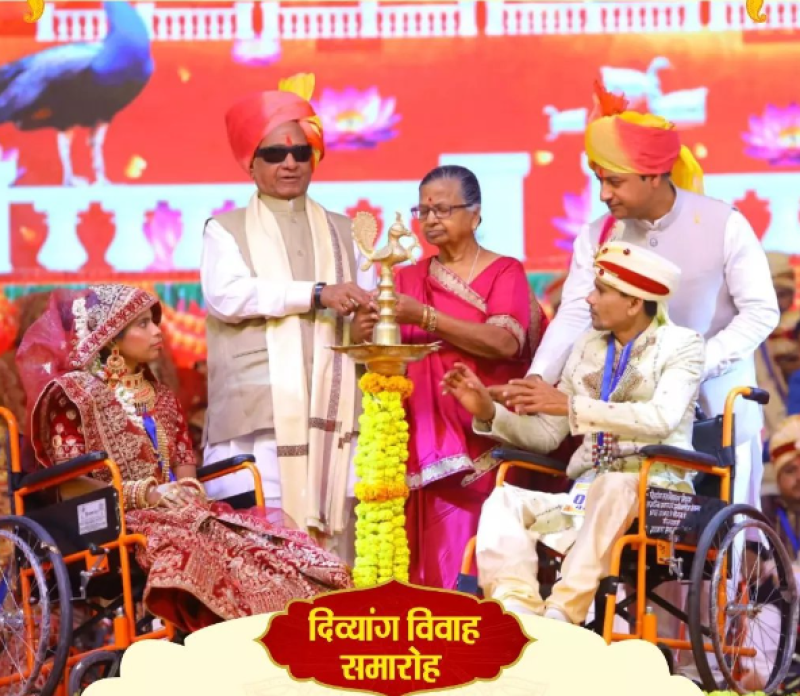The Department of English, Jamia Millia Islamia (JMI), in collaboration with Sahitya Akademi, successfully organized a one-day symposium titled “Travel, Transposition and Translation” on March 3, 2025 at Mir Anis Hall of the university. The symposium, consisting of three sessions, was organised to provide a platform for examining the ways in which travel influences literature and how literature, in return, inspires both physical and spiritual journeys, as well as the significant role that translation plays in enabling these experiences.
The symposium began with a welcome address by Dr. Saba Bashir from the Department of English, JMI, in which she anchored the intention of the event as looking beyond conventional definitions and purposes of travel and translation. This was followed by the inaugural address by eminent translator Ms Maria Skakuj Puri, wherein she drew from the insights she has collected over several decades of her translation practice across Polish, Hindi, and English. The first session concluded with the presidential address delivered by the Head of the English Department, Prof. Mukesh Ranjan, in which he talked about how travel and transposition transform the stories we tell about ourselves.
The second session was chaired by Prof. Swati Pal, Principal, Janki Devi Memorial College, University of Delhi. The first presenter Dr. Vinita Sinha from Indraprastha College for Women, University of Delhi, presented a paper on “Life Experiences and Intermedial Translation: Analysing Untold Stories in Art”, wherein she talked about the intersection of orality, translation and art and argued that intermedial translation expands the meanings of a text by providing the scope for more media. The second presenter, Dr. Anjana Neira Dev from Gargi College, University of Delhi, in her presentation, ‘Walking the Indian Streets, ‘I remember another moment that refers only to itself’”, used the metaphor of a suitcase to present a bouquet of writers, focusing on Ved Mehta, to illustrate how translation secures a new lease of life in other cultures. In the last paper of this session, Dr. Amit Ranjan, contested the popularly held view of the face-off between Aurangzeb and Dara Shikoh as warrior vs. poet respectively and argued for a more nuanced reading of both beyond these labels. He went on to throw light on Dara Shikoh’s accomplishments as a translator of the Upanishads.
The third and final session was chaired by Prof. Nishat Zaidi from the Department of English, JMI, and had two presenters—Dr. Haris Qadeer and Ms. Chandana Dutta. Dr. Haris Qadeer’s paper was titled “Documenting/Translating Lives: Academic Travels of Three Muslim Women in Late Colonial India”. In it, he focused on the lives of Atiya Fyzee (1877–1967), Mohammadi Begum (1911–1990), and Iqbalunnisa Hussain (1897–1954) who travelled to England for their education. The last speaker, Ms Chandana Dutta, provided the unique perspective of a publisher into the role of translations in bridging the gap between distinct cultures. She drew parallels between the acts of translation and travel.
The symposium ended with a vote of thanks by Dr. Saba Mahmood Bashir. More than 100 students, research scholars, and faculty members from different departments participated in the symposium.


